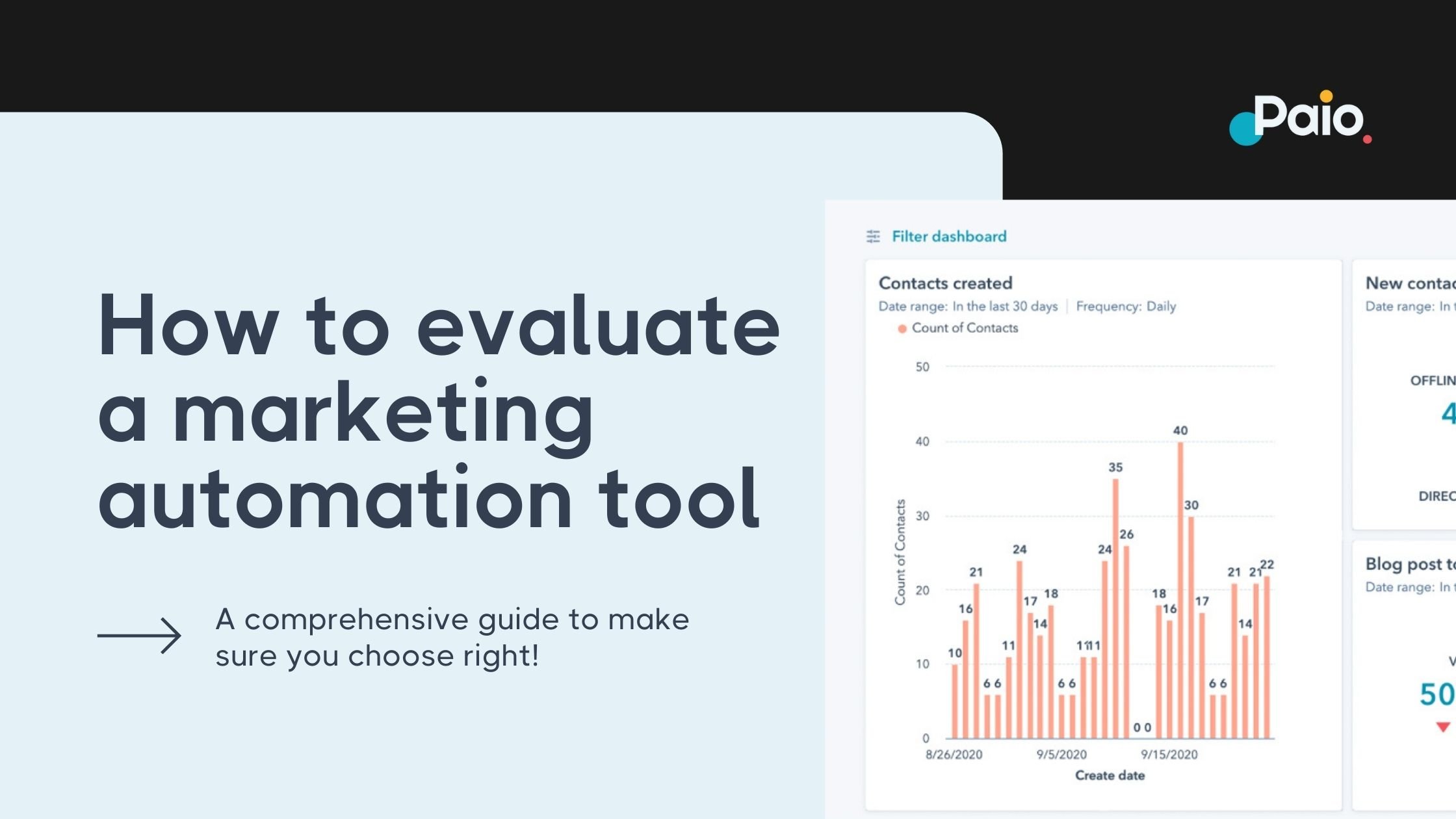A Customer Relations Management software is one of the core apps every business needs to ensure its sales and marketing teams effectively and efficiently attend to customers. Some of the popular CRM platforms today include; HubSpot, Microsoft Dynamics, Marketo, and many more.
No matter which CRM you choose, you have to implement it properly to get the full benefits these tools offer. In today’s blog post, we will share some of the common reasons for CRM implementation failures. Having an idea of the common causes for CRM implementation failures will help you prepare adequately before integrating any CRM solution into your sales and marketing strategy.
Please note; All these reasons apply to both organizations that are considering getting their very first CRM software or those that already have one but are considering transitioning to a new one.
These are the common reasons for CRM implementation failure:
Inadequate preparation
Before you implement a CRM solution or transition from one CRM platform to another, you need to have a proper plan of how each stage will be implemented. While planning, you will foresee several hiccups that may come along the way and find appropriate solutions ahead of time.
It is during the planning process that you’ll foresee how you will import data from your current CRM solution, excel sheet, or any other data management platform you are using. This information will help you choose the right software that will make it easier to migrate data from your current data management system.
Integration challenges
Businesses today use several apps for executing tasks in various departments, including sales, marketing, accounting, and many more. Choosing a CRM software that doesn’t integrate with the business apps you are already using will make exchanging data between your current apps and the CRM very complicated.
If there is no integration, you will have to manually import and export data from one app to another, which is very tedious and error-prone. To avoid these issues, it is vital to choose a CRM software that integrates with the apps you are using. So, before purchasing any CRM tool, always check out the list of apps it integrates with and make sure the ones you are using are among the list.
User adoption challenges
The CRM software you have just bought has to be used by your sales, marketing, and customer support teams. If the teams supposed to use the software find it hard to use, it will be unlikely to succeed in your organization. At times the adoption rate is affected by your team’s willingness to change.
As humans, we usually love being in our comfort zones and using tools that we are already familiar with. Trying to implement new solutions in your company will be bound to fail if your team does not embrace the temporary discomfort that comes with learning how new tools work. Solving this problem might require sensitizing your team about the benefits of the CRM software you want to implement and how it will make their work much easier if they take time to master it.
Lack of executive commitment
If the top management of the business is not committed to using a specific CRM solution, its chances of succeeding are slim. So, why is executive commitment important? With a committed executive, it is much easier for the team to acquire all the necessary learning resources required for everyone to learn how to use the new CRM software.
At times it will require paying for courses or bringing in an external expert to train the team on using the new CRM tools. Top management may also have to forego the immediate drop in productivity during that time when team members are still learning and adopting the new CRM tools.
Over customization
Some CRM tools require making several configurations and customization before using them. This can be frustrating, especially if your team is mainly composed of non-tech-savvy members who find such tasks boring. To avoid having these issues, ensure to choose a CRM software that doesn’t require much customization before people can start using it.
You may have to research the different CRM tools you are considering and then choose one that requires a limited level of customization on the user’s side. This information is always available on several review platforms, including Trust Pilot, G2 Crowd, Capterra, and many more. If CRM software requires much customization, you’ll notice many reviewers complaining about this issue.
Failure to put the customer at the center
The main objective of using CRM software is to improve your brand’s relationship with customers. A CRM will help you respond to customers and prospects promptly and allocate their issues to the most qualified team members to fix them. Before you even think of which CRM software to choose, write down how you intend to improve your customer’s digital experience with your brand.
Having customer-centered objectives will help you choose the right tools and the best package to subscribe to.
Final thoughts
Those are the six common reasons that lead to CRM implementation failure. You will notice that some of the above reasons are affiliated with the CRM tools themselves and some with humans. The best way to go is to sit down with the key members of your different teams and do proper planning.
If a decision is a result of consensus within the team, it will be much easier for everyone to get on board and embrace the changes being brought about by the software. Having this consensus requires effective communication between the executive and the team members who will use the tools.


.jpg?width=70&name=11822273_869376790464_4398309784822550341_n%20(1).jpg)


